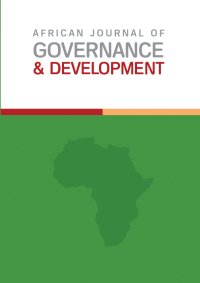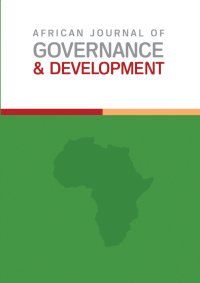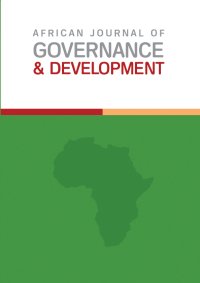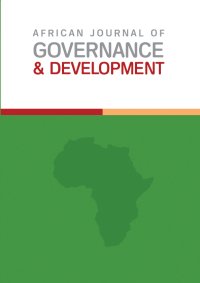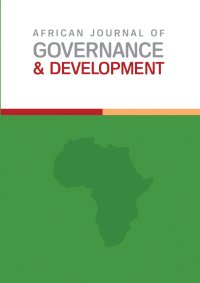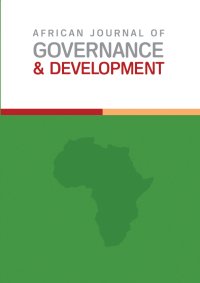The desire for the advancement of human rights, the creation of world peace and the need for safety and security within and across national borders has, in the past five decades, increased the need for international cooperation. This is evidenced by the creation of supranational and regional bodies with political and economic interests. The United Nations, the African Union, the Southern African Development Community and the Economic Community of West African States (ECOWAS) are cases in point. While countries generally maintain their sovereignty, most of their legislations and domestic policies experience a degree of international influence. In other words, the traditional approach of sovereignty that posits its values on territorial integrity, is being, in the main, gradually replaced by the need for countries to develop the capacity to act and win acceptance from the regional or international bodies. One can argue, however, that the acceptance of sovereign states by the fraternity of regional and national bodies is very much a reflection of the acceptance of these states by their own citizenry. Put differently, states that are not accepted as promoting human rights and good governance at home are unlikely to receive favourable acceptance on the international scene. It is thus vital for countries to strike a balance and work in close cooperation with their citizenry while advancing close cooperation with international structures.
Published: 2015-12-01

